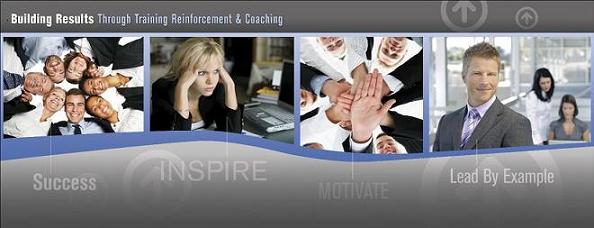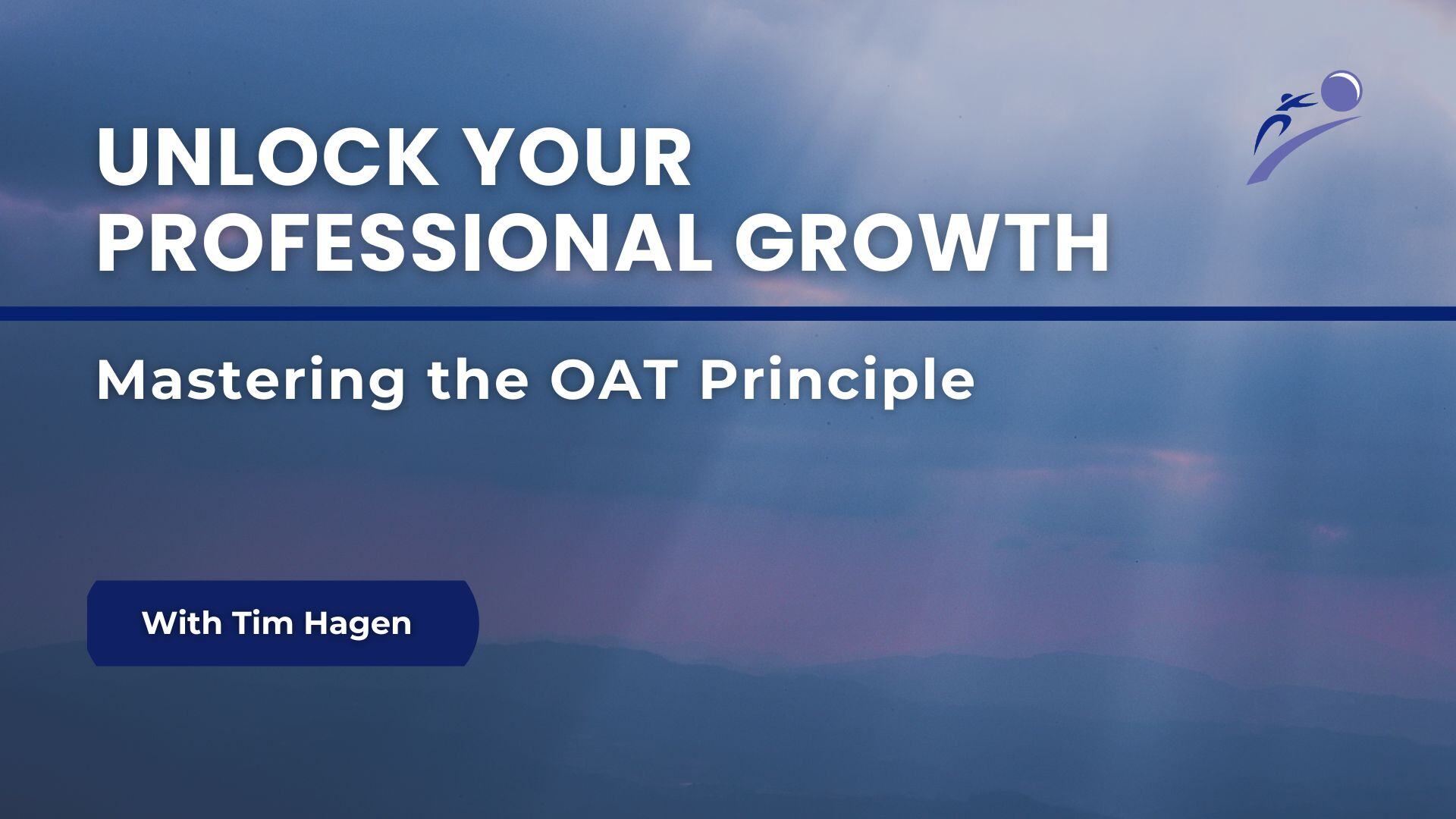.jpg)
Effort + Progress = Results
Coaching employees will produce a greater individual effort to improve performance and collective shifts in attitude that will harbor positive attitudes, support of one another, and last, but not least, measurable RESULTS.
If you are a leader who says things like this:
-
I Hire good people and don’t need to train or coach
-
We have an e-learning system or portal
-
I don’t have time to coach
-
I am not a trainer
-
I just tell my people & they follow what I say
Yet you still don’t hit goals, never meet numbers, and struggle to keep employees, then you need to consider a change up. If what you are doing isn’t working, take a step back, evaluate your behavior, actions, and leadership style. When change is needed, start where you will have the most impact, power and control - YOURSELF!
Coaching Effort
People do NOT typically motivate or inspire themselves and skills do NOT arbitrarily get better. But as the leader of your team you ARE only person who has consistent access to employee performance. Your employee’s performance is a reflection of your leadership and coaching, so take on your employee’s development on as a challenge. Can you work with them and leverage defining moments to expand their knowledge, skills and behavior to improve overall performance?
Coaching Progress
Coaching employees is NOT about creating results … at least not initially. Initially you need to focus on the basics. Look for causes of the problems instead of focusing on the problems themselves. What knowledge is lacking, what skills are missing what behavior and attitude items need to be addressed. If an employee has very low sales, don’t just say “get sales up,” investigate to find out why the employee isn’t getting sales.
Coaching Results
Coaching does take time, but the payoff is huge. Take our example from above - If an employee has very low sales, don’t say “get sales up,” investigate to find out why. Maybe he or she is great at prospecting, getting in the door and getting through the first few meetings but really struggles with asking for a commitment or closing the deal. That is a very fixable issue that can be corrected and improved by coaching the employee on closing sales. Working to improve this one performance issue will take up far less time and resources than if you were to fire him or her, interview, hire, and train a new employee. Coaching is about actually driving better performance by focusing on what performance is comprised of.
Sign up for our FREE Webinar: How to Start a Coaching Program and Extend Your Training Brand: The MISSING Piece!
Download our FREE Whitepaper: How to Get Management To Coach






